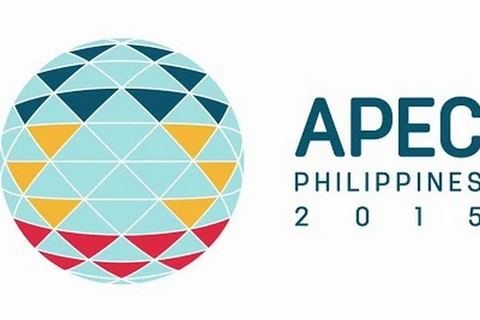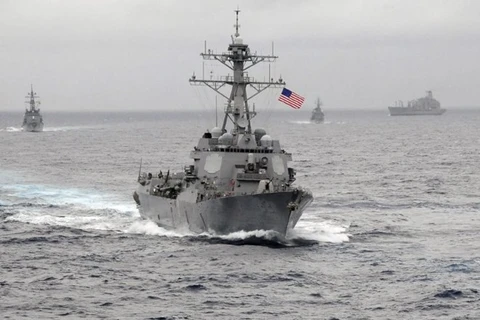Hanoi (VNA) – US President Barack Obama and his Filipino counterpart Benigno Aquino agreed that territorial tensions at sea should be resolved peacefully in accordance with international law.
They held talks on the sidelines of the ongoing Asia-Pacific Economic Cooperation (APEC) Economic Leaders’ Meeting in Manila, the Philippines, on November 18.
The two leaders discussed maritime security, including the maritime disputes in the region and “how international law should remain the framework for behavior of all countries and for the peaceful resolution of disputes”, President Aquino told reporters during the joint press conference.
He reiterated that the freedom of navigation and over-flight in the East Sea must be continuously upheld, consistent with international law.
For his part, Obama called on China to halt further land reclamation and new construction in the East Sea and confirmed his unwavering commitment to the security and defence of the Philippines.
The President also reaffirmed his belief on the implementation of the Enhanced Defence Cooperation Agreement with the Philippines and welcomed the partner’s interest in the Trans-Pacific Partnership (TPP).
Earlier, President Barack Obama toured the BRP Gregorio del Pilar of the Filipino navy.-VNA

























